McClain Matthews Insurance Blog |
|
The suspension system of a car is often overlooked, yet it plays a crucial role in ensuring a smooth and safe ride. It consists of various components, including springs, shock absorbers, struts, and control arms, all working together to manage the car's handling, stability, and comfort. Having a well-maintained suspension system is essential for the overall performance and safety of your vehicle. This article explores the importance of having good suspension on your car and how it impacts various aspects of driving.
0 Comments
Have you ever wondered why your neighbor might pay less for auto insurance despite having similar driving records and vehicles? The answer lies in a peculiar factor that insurers consider when determining rates: your ZIP code. It may seem strange, but where you live can have a significant impact on how much you pay for auto insurance. In this article, we'll explore the weird science behind how your ZIP code affects your auto insurance rates and why insurers use this factor to calculate premiums.
Dealing with an overheating car can be both frustrating and potentially dangerous. When your vehicle's temperature gauge climbs into the red zone, it's essential to address the issue promptly to prevent engine damage and ensure your safety on the road. In this article, we'll explore the top five reasons why your car might be overheating, along with a paragraph on how this can relate to auto insurance.
Auto insurance is a financial safety net that provides coverage for a wide range of incidents, from minor accidents to major collisions. While most claims are related to common accidents like fender-benders and hail damage, there have been some truly bizarre and unexpected claims over the years. In this article, we'll explore some of the strangest things that auto insurance has covered. These unusual incidents serve as a reminder that insurance is there to protect you when you least expect it.
Regular oil changes are a fundamental aspect of car maintenance that often goes underestimated. It's easy to overlook the importance of this routine task, but in reality, it plays a crucial role in keeping your vehicle running smoothly and efficiently. In this blog, we'll explore the numerous benefits of regular oil changes and why they are essential for the longevity and performance of your car. Additionally, we'll discuss how proper car maintenance, including oil changes, can have an indirect impact on your Auto Insurance rates.
Being involved in a hit-and-run accident can be a distressing and frustrating experience, especially if you're uninsured. In such situations, it's essential to know how to protect yourself legally and financially. In this blog, we'll provide a step-by-step guide on what to do if you're in a hit-and-run accident and have no insurance. We'll also discuss the role of auto insurance, even for uninsured drivers, in dealing with the aftermath of such incidents.
Owning a car is a privilege that not everyone has the opportunity to enjoy. However, as the saying goes, there are two sides to every coin. A car is not just a luxury; it's often a necessity, and making the right choice when purchasing your first car is crucial. This article is here to guide you through the process and offer tips for a successful car-buying experience.
Owning a car is a significant milestone for many individuals. It provides convenience, saves time, and opens up a world of possibilities. However, it's crucial to remember that owning a car comes with responsibilities and potential risks. Car accidents, unfortunately, are a common occurrence, making car insurance an absolute necessity. In this article, we will delve into the reasons why you need car insurance and provide valuable tips for choosing the right coverage for your vehicle.
Comprehensive and collision coverage are integral parts of personal auto insurance that provide essential protection for your vehicle. These coverages go beyond basic liability insurance and can prove invaluable in various situations, from accidents to non-crash damage scenarios. This article aims to clarify the importance and specifics of comprehensive and collision coverage, helping you make informed decisions about your auto insurance needs.
Road safety is unpredictable, and accidents can occur at any time and anywhere, whether they're your fault or not. To protect yourself from the unexpected, it's essential to consider the benefits of personal auto insurance.
|
Contact Us(317) 298-7500 Archives
April 2024
Categories
All
|
Navigation |
Connect With UsShare This Page |
Contact UsMcClain Matthews Insurance
6329 Hollister Drive Indianapolis, IN 46224 (317) 298-7500 Click Here to Email Us |
Location |
Website by InsuranceSplash




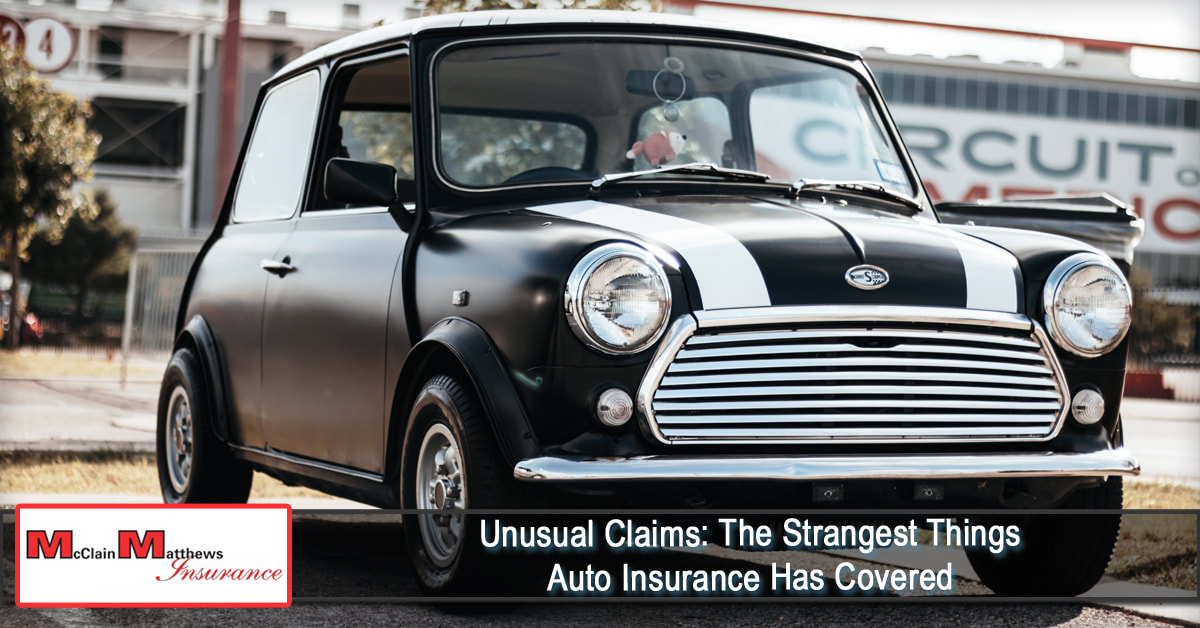
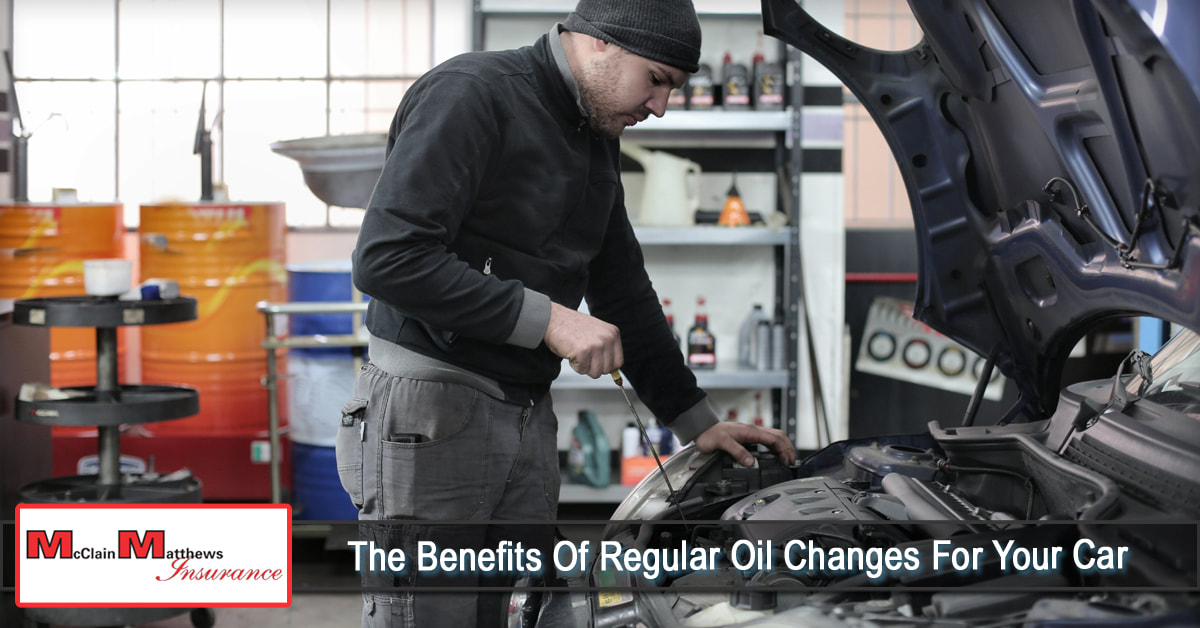
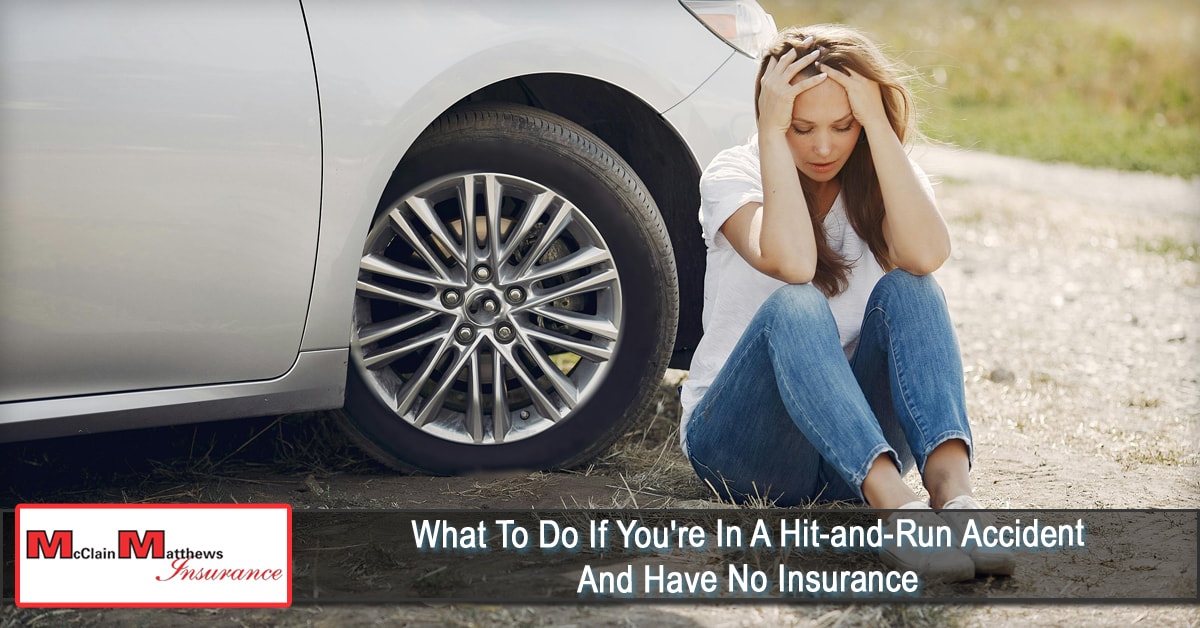
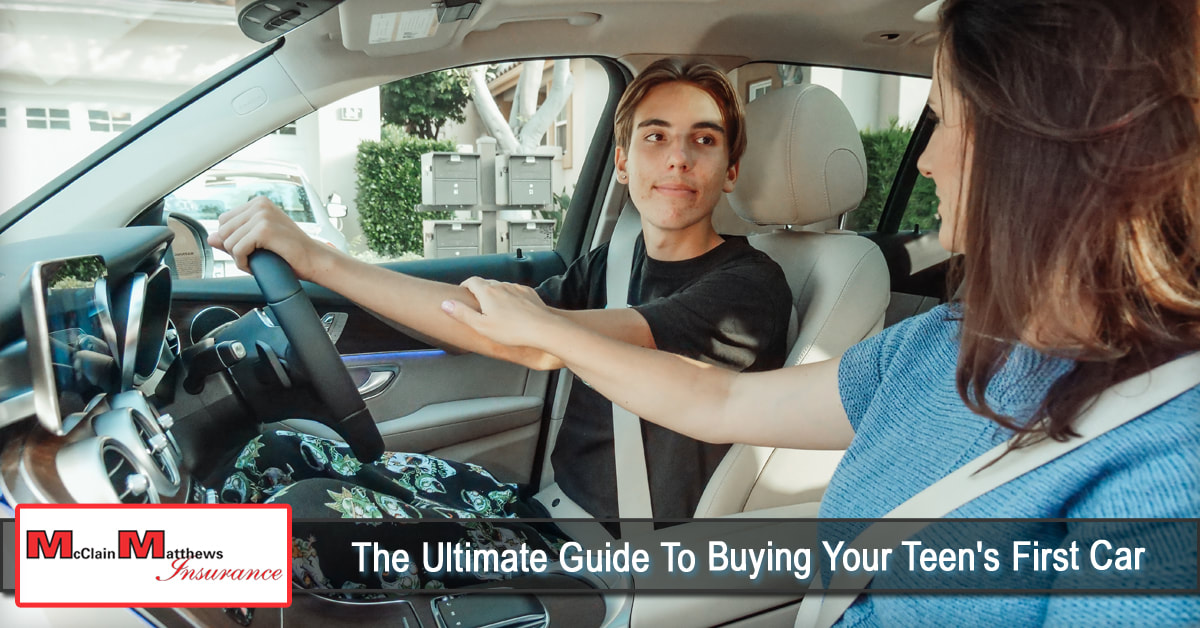
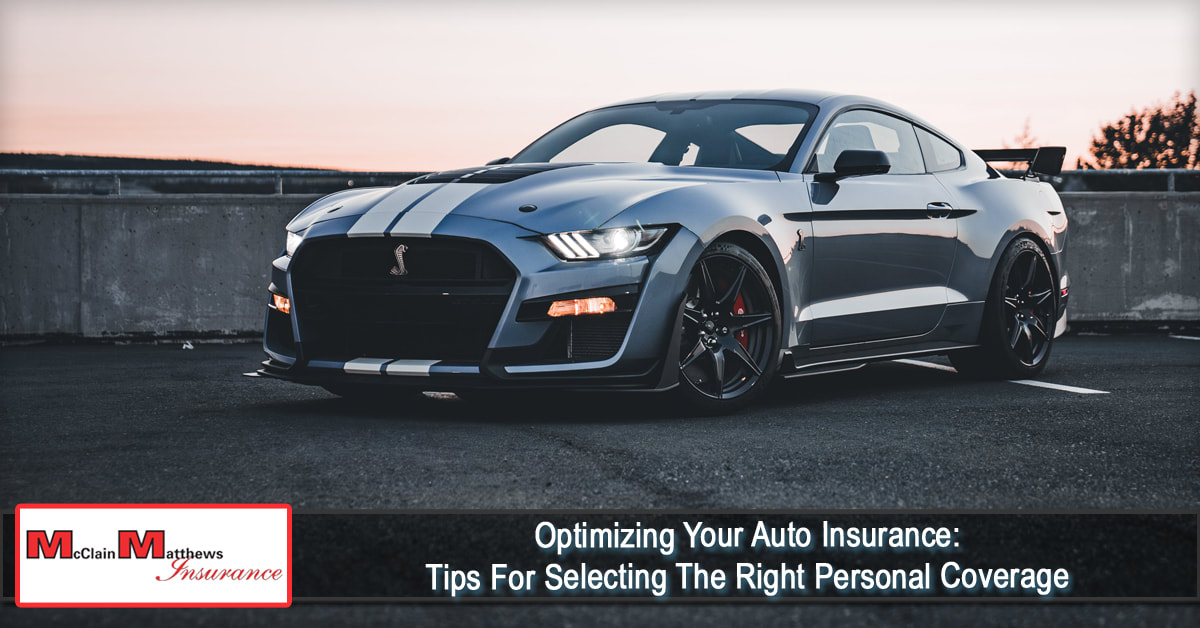
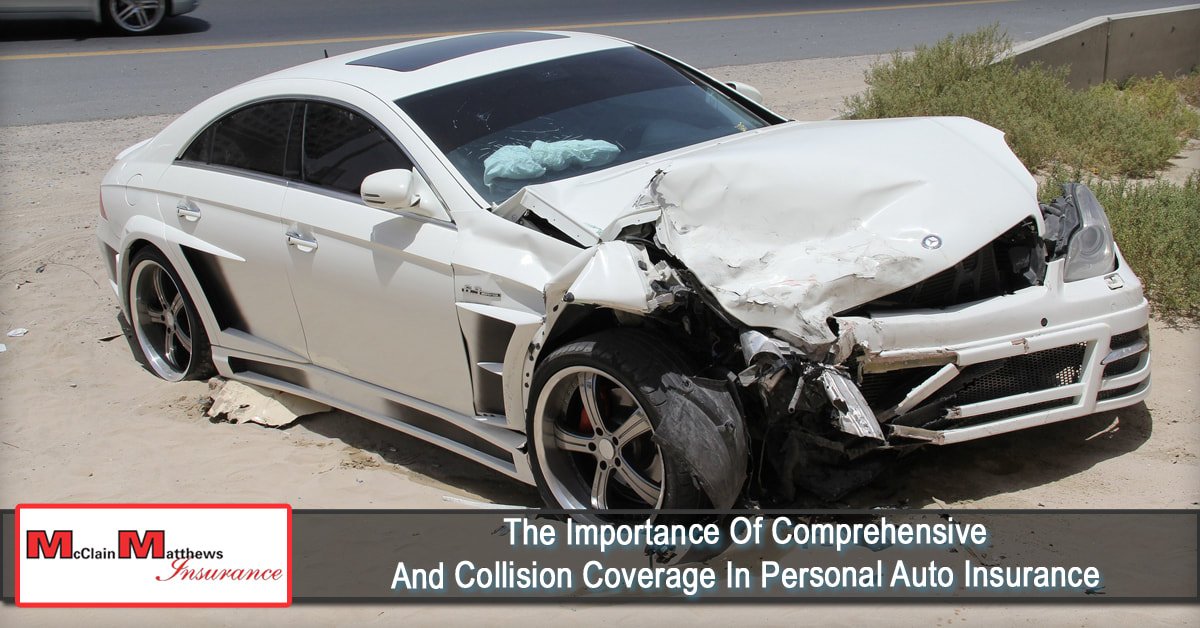
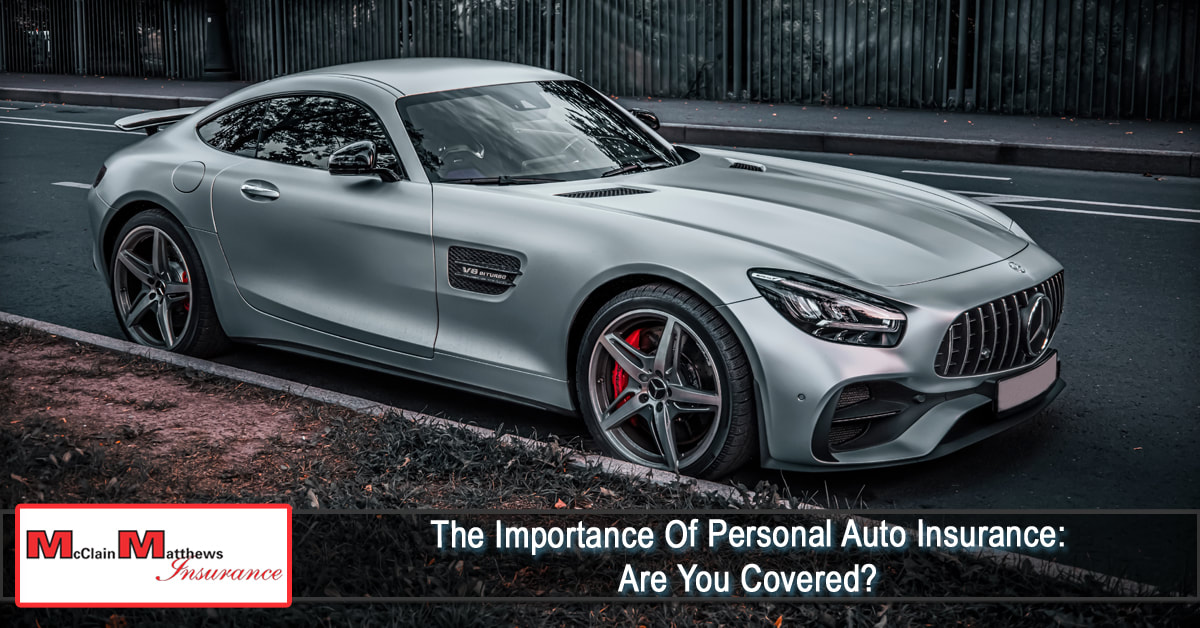
 RSS Feed
RSS Feed